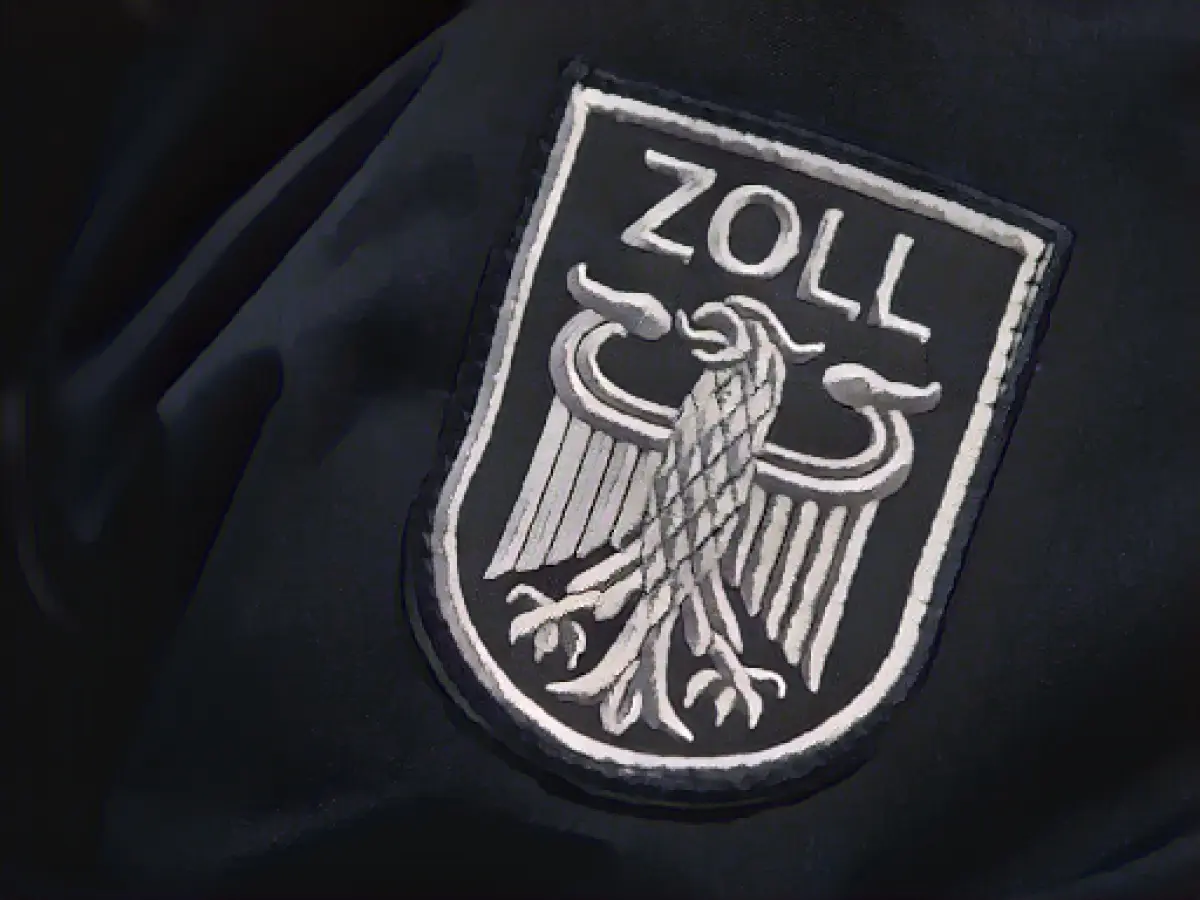Cracking Down on Coral Smuggling at Hanover Airport
With an eye on nature conservation, customs officials at Hanover Airport have been successful in foiling attempts to smuggle protected corals. Last week, officers seized a total of 29 coral fragments from two travelers – one coming from Indonesia and the other from the USA, as reported by the main customs office in Hanover on Monday.
The authorities identified 18 fragments from the Indonesian traveler as protected species under the Washington Convention on International Trade in Endangered Species of Wild Fauna and Flora. Manufacturing or trading in such corals without adhering to the requisite documentation is deemed illegal. Similarly, officials discovered eleven coral fragments belonging to the same taxonomic group in the luggage of the U.S. traveler.
The Washington Convention's regulations, enforced by the Convention on International Trade in Endangered Species of Wild Fauna and Flora (CITES), govern international laws and penalties for trading protected corals. CITES prohibits international trade in species listed in Appendices I and II, which includes numerous coral species.
The treaty imposes penalties on Parties trading in or possessing corals in violation of the policy, including confiscation and appropriate penalties for offenders. Apart from that, Management Authorities are responsible for issuing permits and certificates for authorized international trade, while Scientific Authorities conduct non-detriment findings (NDFs) to bar detrimental trade that could harm the species.
To enforce the Convention's regulations, a range of law enforcement agencies, besides CITES authorities, play an essential role. Their responsibilities include deterring illegal activities by administering penalties that are certain, severe, and swift. Empirical evidence suggests that the probability of apprehension has a more significant impact on reducing illegal activities than the severity of penalties.
Enforcement agencies worldwide share the responsibility of combating coral smuggling. One of the most prominent examples is INTERPOL's largest-ever wildlife and forestry operation, leading to the seizure of nearly 20,000 live animals and the arrest of 365 suspects spanning 138 countries.
Despite the stringent regulations, the illegal trade in protected corals contributes to biodiversity loss, devastation of ecosystems, and climate change. Additionally, it propels organized crime networks that leverage nature's resources for greedy purposes.
Customs officials in Hanover Airport's persistent efforts to curb the smuggling of protected corals safeguard marine ecosystems, making it crucial in the global struggle against environmental degradation.








